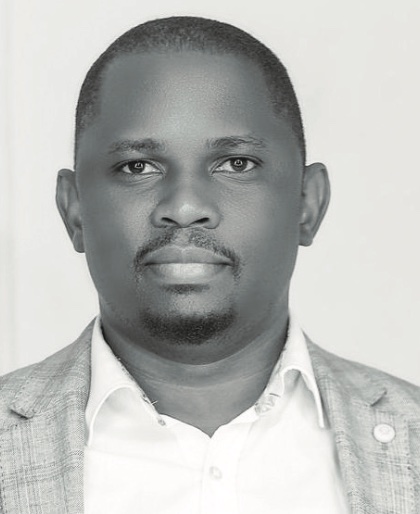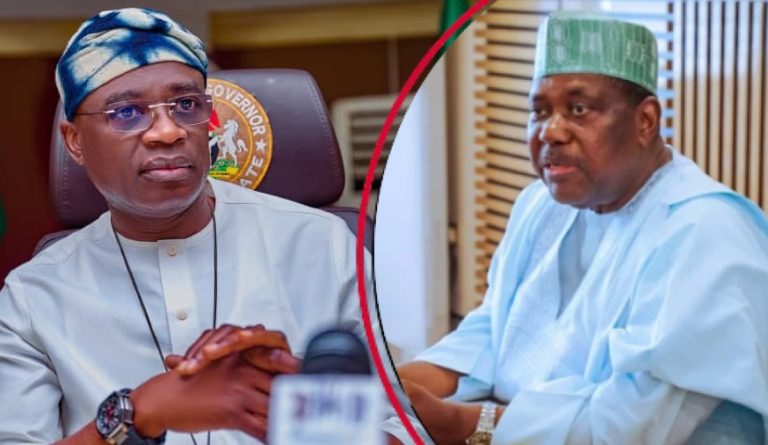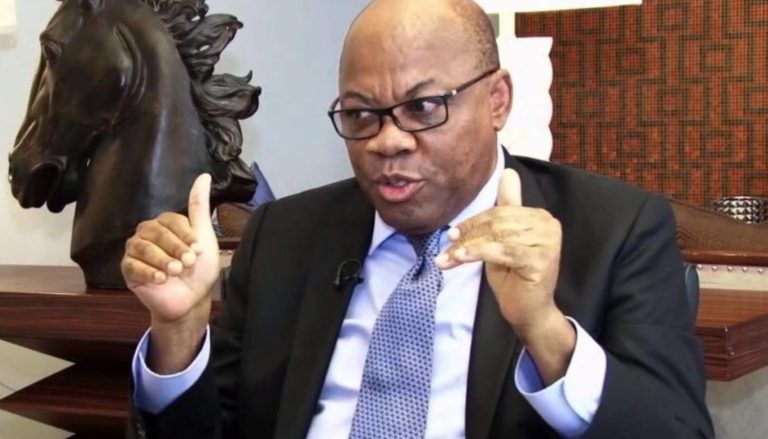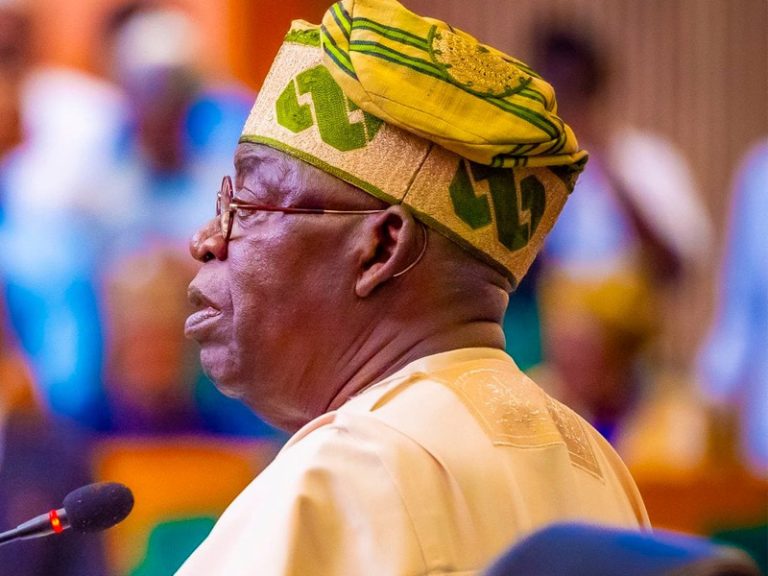
Screenshot

As President Yoweri Kaguta Museveni eyes a seventh term in office, set to run until 2031, Uganda stands on the brink of a critical political transformation or, perhaps more accurately, the continuation of an entrenched political dynasty.
Should he complete this term, Museveni will have ruled Uganda for 45 years, placing him among the world’s longest-serving leaders, second only to Cameroon’s Paul Biya, Equatorial Guinea’s Teodoro Obianga Nguema Mbasogo and Iran’s supreme leader Ali Khamenei.
This extraordinary tenure is not merely a footnote in Uganda’s post-independence history; it is the defining feature of its political architecture. Museveni’s leadership, which began with revolutionary promises of democracy, stability, and prosperity, has gradually solidified into a tightly controlled regime with diminishing space for dissent, opposition, or genuine succession.
To understand the succession politics engulfing the nation today, one must start with Museveni himself. Before he assumed power in 1986 after a protracted bush war, Museveni had strategically positioned himself alongside and under the tutelage of key African political players.
He received guerrilla training under Mozambique’s FRELIMO forces and the late President Samora Machel. This experience, combined with the political mentorship of Mwalimu Julius Nyerere of Tanzania, helped shape Museveni’s hybrid identity as a military tactician and a shrewd diplomat.
Simultaneously, from his adversary and former ally Milton Obote, he learned the subtler arts of political manoeuvring, intrigue, deception, and subterfuge. These influences, layered atop his own political ambition, helped Museveni not only seize power but maintain it for over four decades.
A key element of his rule has been the systematic co-option of allies, who have been easily influenced, and often corrupted by material and financial incentives. The president has fostered an elite class that is loyal to his rule, while conveniently blaming scapegoats when public outrage demands accountability.
The 1986 military victory has become Museveni’s central legitimising narrative. The mythos of liberation continues to be invoked in public addresses, political rallies, and national commemorations.
For years, this narrative silenced criticism and legitimised centralised power. When Uganda held its first post-bush war election in 1996, it was widely seen as a return to democratic ideals. But this moment quickly gave way to a pattern of electoral manipulation and impunity.
Each subsequent election has been marred by allegations of vote rigging, voter suppression, and state-sponsored violence. With the credibility of the Electoral Commission in question, many Ugandans have lost faith in democratic processes.
This political environment makes the question of Museveni’s succession not merely speculative; it is existential for the future of Uganda’s democracy. The first substantial crack in Museveni’s succession veil emerged in 2013 when General David Sejusa, then a senior military official, publicly exposed the so-called “Muhoozi Project.”
He accused the president of grooming his son, General Muhoozi Kainerugaba, to take over the presidency. At the time, the regime dismissed the allegations, and Sejusa found himself sidelined and in exile.
However, over the past decade, Sejusa’s claims have found validation. Muhoozi has steadily risen in military rank, held high-profile state roles, and has recently emerged as the face of a new, parallel political movement.
Ostensibly distinct from the National Resistance Movement (NRM), this outfit has conducted nationwide tours under the banner of reforming Museveni’s legacy. While the Muhoozi camp portrays itself as a populist force ready to lead Uganda into a new era, the reality appears more orchestrated.
With resources and networks inherited from his father, Muhoozi is portrayed as a saviour-like figure to the international community, cleverly packaged to appear as a legitimate successor with organic grassroots appeal.
The consolidation of power around the first family has come at a cost. Many potential successors from within the NRM have been systematically sidelined or politically neutralised.
Some have faced criminal charges; others have disappeared from public life altogether. Notably, several prominent officials have died in mysterious circumstances, further fuelling speculation about the lengths to which the regime will go to secure a tightly controlled transition.
The few genuine opposition figures still standing often operate under siege, with their movements monitored, their rallies obstructed, and their resources constrained. Museveni’s own declaration that “there will be no opposition in 2026” only underscores the authoritarian trajectory of Uganda’s political sphere.
Museveni has also weaponised the creation of opposition parties. By covertly funding splinter groups or inserting loyalists into rival factions, the regime has been able to create the illusion of a multi-party democracy while maintaining strict control behind the scenes.
This calculated dilution of opposition strength ensures that power remains in safe hands be it Museveni’s or Muhoozi’s. Another key figure in Uganda’s succession saga is General Salim Saleh, Museveni’s brother and long-time confidant.
Known as the bankroller of the regime, Saleh is believed to play a pivotal role in political patronage networks, campaign financing, and military deployments. His influence on the eventual succession plan is undeniable.
Whether as kingmaker or a behind-the-scenes operator, Saleh ensures that the regime’s pillars remain intact, regardless of who occupies the presidency. His ongoing role in political and economic decisions highlights how Uganda’s political future may not be shaped by elections or public will, but by an entrenched familial and military elite.
For opposition leaders and reformists aiming to break this cycle, the task ahead is daunting. Uganda’s political and security apparatus is firmly in the grip of loyalists. The judiciary, media, electoral institutions, and security forces have all been carefully calibrated to suppress rather than support democratic expression.
Yet all hope is not lost. The youth of Uganda, who now form the majority of the population, are increasingly politically conscious. Digital platforms and civic movements have enabled new forms of activism and resistance, even under severe repression.
Still, change will not come without strategy. Opposition forces must move beyond reactionary politics. They must articulate clear, inclusive, and visionary plans for Uganda’s future.
Coalition-building, voter education, policy-driven campaigns, and international engagement will be essential to challenge the status quo. Without such coordinated effort, there’s a real danger that even in a post-Museveni era, the same oppressive structures could persist, merely under a new face.
The writer is a political analyst



